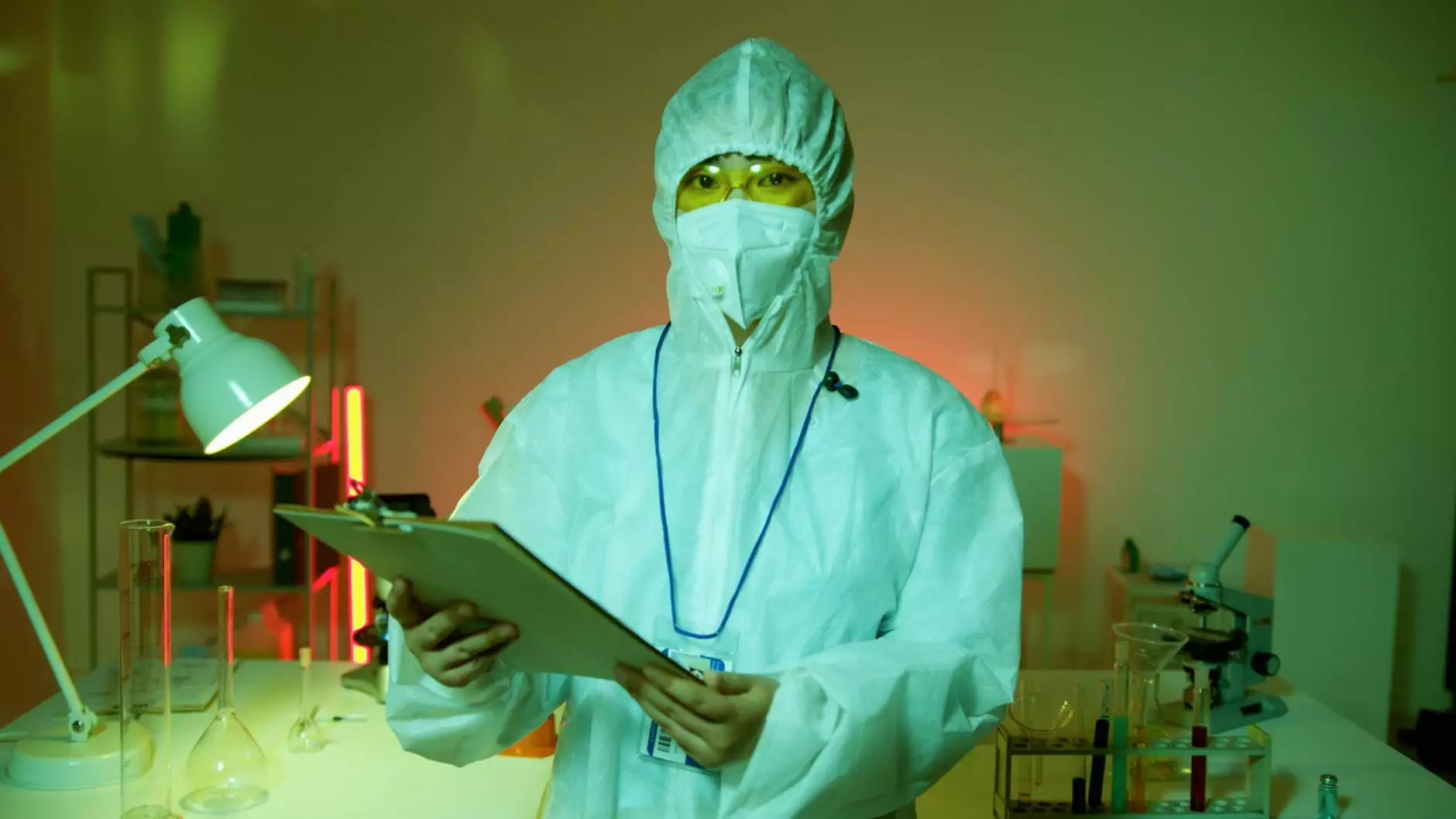Unlocking the Future of Health: The Role of Biotech Bioincubators

In recent years, the biotech bioincubator model has emerged as a revolutionary force in the fields of health and medicine. These innovative environments provide essential support and resources for budding biotech companies, particularly in sectors like alternative medicine and laboratory testing. With the increasing complexity of healthcare challenges and the rapid pace of technological advancements, biotechnology incubators are playing a critical role in bridging the gap between ideas and viable medical solutions.
What is a Biotech Bioincubator?
A biotech bioincubator is a specialized hub designed to support the growth and development of biotechnology startups. These facilities offer unique resources tailored to the specific needs of biotech companies, such as:
- State-of-the-art laboratory space: Equipped with essential tools and equipment for research and development.
- Access to funding: Bioincubators often help startups connect with potential investors and funding sources.
- Mentorship programs: Experienced industry professionals provide guidance to help navigate the complexities of the biotech landscape.
- Networking opportunities: Bioincubators host events and programs that allow startups to connect with industry leaders, potential partners, and other entrepreneurs.
The Importance of Biotech Bioincubators in Health & Medical Innovation
Biotech bioincubators have become increasingly vital in fostering innovation within the healthcare sector. They facilitate the transition of scientific discoveries from the laboratory to the market. Here are several reasons why these incubators are essential:
1. Accelerating Research and Development
One of the greatest challenges facing new biotech ventures is the lengthy and resource-intensive process of research and development (R&D). With a biotech bioincubator, startups gain access to cutting-edge lab facilities and shared resources that can significantly shorten the R&D timeline. This collaborative environment enables quicker iterations of product development, translating into faster solutions for pressing health issues.
2. Reducing Financial Barriers
Launching a biotech startup often requires substantial financial investment, and this can deter many talented entrepreneurs. Bioincubators help alleviate this burden by offering subsidized rent, access to shared resources, and pathways to funding opportunities. By minimizing these financial barriers, they empower innovators to focus on developing their groundbreaking ideas without the constant worry of financial instability.
3. Nurturing a Culture of Innovation
Biotech bioincubators cultivate a culture of innovation by bringing together diverse groups of scientists, entrepreneurs, and business professionals. This interdisciplinary approach encourages collaboration, interdisciplinary thinking, and the sharing of ideas, which can lead to groundbreaking solutions in health and medicine. The synergy created in these environments can often result in novel approaches to existing problems.
Success Stories: The Impact of Biotech Bioincubators
Numerous biotech companies have benefited from the support provided by bioincubators, propelling them toward success and innovation. Here are a few notable examples:
1. Moderna
Initially founded in a biotech bioincubator, Moderna's journey exemplifies the power of incubators in fostering innovation. The company has risen to prominence for its pioneering mRNA technology, which, among other breakthroughs, led to the rapid development of a COVID-19 vaccine.
2. Ginkgo Bioworks
Ginkgo Bioworks, specializing in synthetic biology, began its operations within a supportive incubator environment. Today, the company is a key player in the biotechnology landscape, providing innovative solutions across various sectors, including pharmaceuticals and agriculture.
3. CARB-X
CARB-X is another remarkable example. This global partnership is dedicated to accelerating the development of antibiotics and other technologies used to combat drug-resistant bacteria. Its success has been largely attributed to the incubator-like structure that supports collaboration among various stakeholders.
The Future of Biotech Bioincubators
The continuous advancement of technology and the complex challenges facing healthcare indicate that the role of biotech bioincubators will only grow in importance. Here are some trends and predictions for the future:
1. Increased Focus on Sustainable Practices
As the world grapples with climate change, biotech startups are beginning to emphasize sustainability in their solutions. Bioincubators will likely align with this trend by supporting companies focusing on environmentally friendly technologies and practices.
2. Enhanced Collaboration with Academic Institutions
Partnerships between bioincubators and universities will become more common, leveraging academic research and innovation. This collaboration can provide startups with access to groundbreaking research and skilled graduates eager to enter the biotechnology field.
3. Global Expansion of Biotech Bioincubators
As the demand for biotech innovation grows, more bioincubators will emerge worldwide. This expansion will help address health issues in underserved regions, providing much-needed resources and expertise to local startups.
Conclusion
The emergence of the biotech bioincubator model has transformed the landscape of healthcare innovation. By providing startups with essential resources, mentorship, and networking opportunities, bioincubators are paving the way for groundbreaking advancements in health and medical solutions. As we look to the future, the potential for these incubators to drive change in the biotechnology sector is immense.
For those passionate about health and medical innovation, getting involved with a biotech bioincubator could be one of the most impactful ways to contribute to the progress of modern medicine. By supporting and investing in these crucial hubs of innovation, we can help nurture the next generation of healthcare solutions that promise to improve lives around the world.



